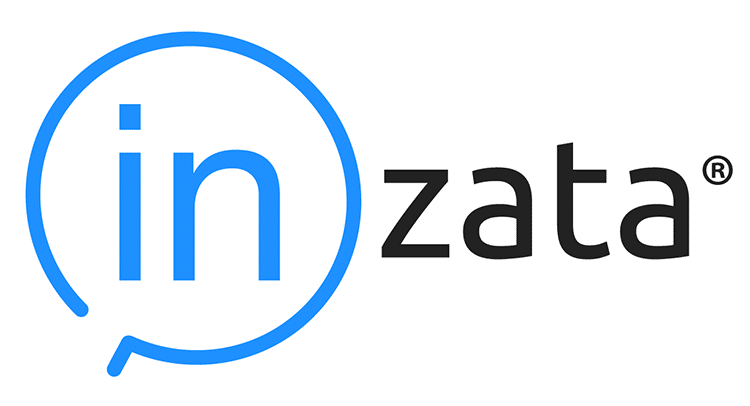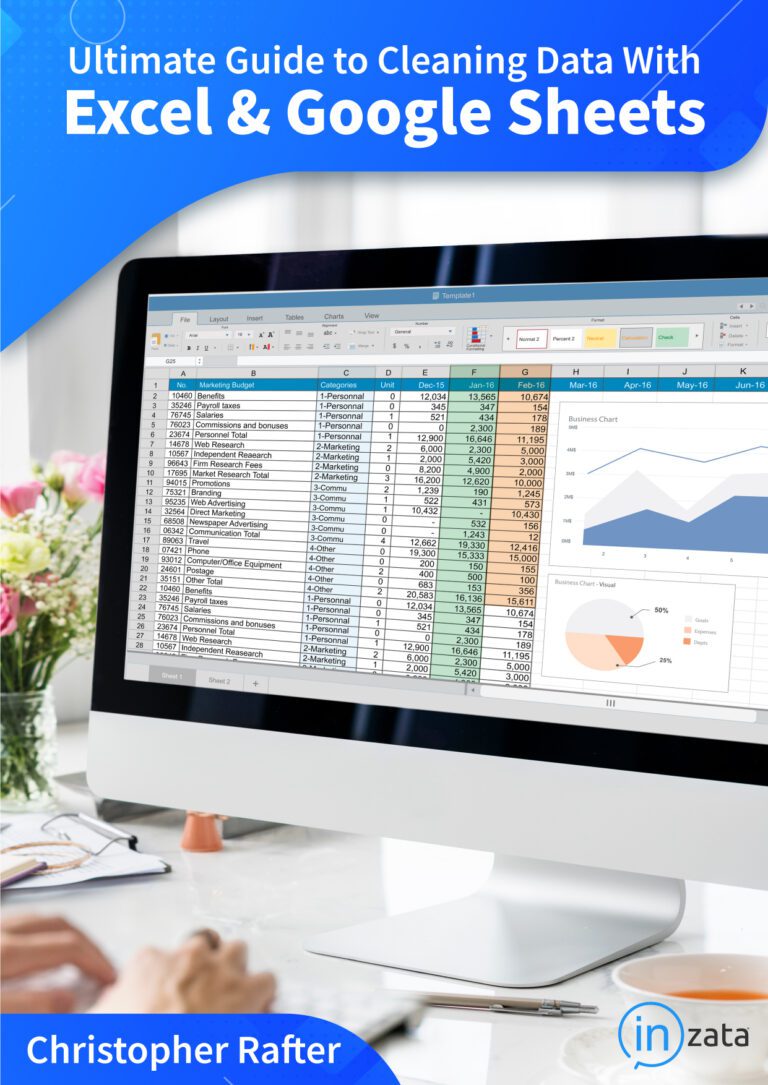AI-enabled machines are creating an easier path to the future of manufacturing by yielding a pool of advantages, including providing new opportunities, improving production efficiencies, bringing machine interaction closer to human interaction, etc.
According to the market’s facts and statistics, the global marketplace for artificial intelligence in manufacturing will be predicted to reach $15,237.7 million by 2025. The market was valued at $513.6 million within 2017 and is projected to rise at a CAGR of 55.2%.
AI is Essential for the Next-Gen Software in the Manufacturing Industry
Since AI came into view over the last few years, it has managed to surmount an array of internal challenges that have haunted the manufacturing industry for decades. This ranges from the lack of expertise to complexity in decision making, issues related to integration, and overloaded information. With AI, manufacturers can completely transform their proceedings.
Unlike healthcare, finance, utilities, and e-commerce industry, AI-powered analytics along with real-time insights have already rolled out in the manufacturing field to assist businesses in upsurging their revenues and market shares faster than their competitors.
In a 2018, Manufacturer’s Annual Manufacturing report revealed 92% of senior manufacturing executives say that ‘Smart Factory’ digital technologies, which includes AI, will provide them access to escalate their productivity levels and enable staff to work “smarter”. In the same way, Forrester, a global research firm, emphasizes that 58% of business and technology professionals are exploring AI systems, while just 12% are actively using them.
AI Growth in Manufacturing
Advancements in manufacturing automation and the increase in demand for big data integration are fueling the AI growth in manufacturing market. Additionally, extensive utilization of machine vision cameras in manufacturing applications – such as machinery inspection, material movement, field service, and quality control – could also accelerate the AI growth inside manufacturing.
Leveraging AI within manufacturing plants may allow businesses to entirely transform their own proceedings, assisting the industry in accomplishing directed software, 24/7 production, reduced operational costs, safer operational environment, new opportunities for employees, etc. Additionally, bringing AI into the production industry would necessitate a huge capital investment that can significantly increase the return associated with investments. While intelligent machines start taking care of routine activities, manufacturers can enjoy significantly lower operating costs.
AI further enables machines to reap and extract data, recognize patterns, learn and adapt in order to new things or situations through device intelligence, and speech recognition.
Manufacturers, by utilizing AI, will have access to…
- Produce data determined decisions swiftly
- Facilitate improved production outcomes
- Advance process effectiveness
- Decrease operational costs
- Improve scalability and product development
AI Trends in Manufacturing Businesses
Within the manufacturing industry, AI could be integrated with the particular Internet of Things (IoT) to deliver supplies and services in order to customers. IoT can also convey in-depth measurements back to manufacturers and distributors to analyze quality and factors that might impel fiascos.
According to a research report, AI technologies are approaching the increase of production by 40% or more through 2035. Also, this technology will fortify the economic growth by an average of 1.7% across 16 industries by 2035.
Let’s take a look at some AI trend examples…
Two-years back in October 2017, computer software giant Oracle launched new AI-driven apps for supply chain, manufacturing, and other professionals. Last year, IBM released an AI-optimized Watson Assistant for businesses, which usually is a smart enterprise assistant powered with AI features.
In brief, adoption of AI can assist in empowering manufacturers to effectively deploy predictive and preventive maintenance, flexible automation, automated quality control and demand-driven production.


